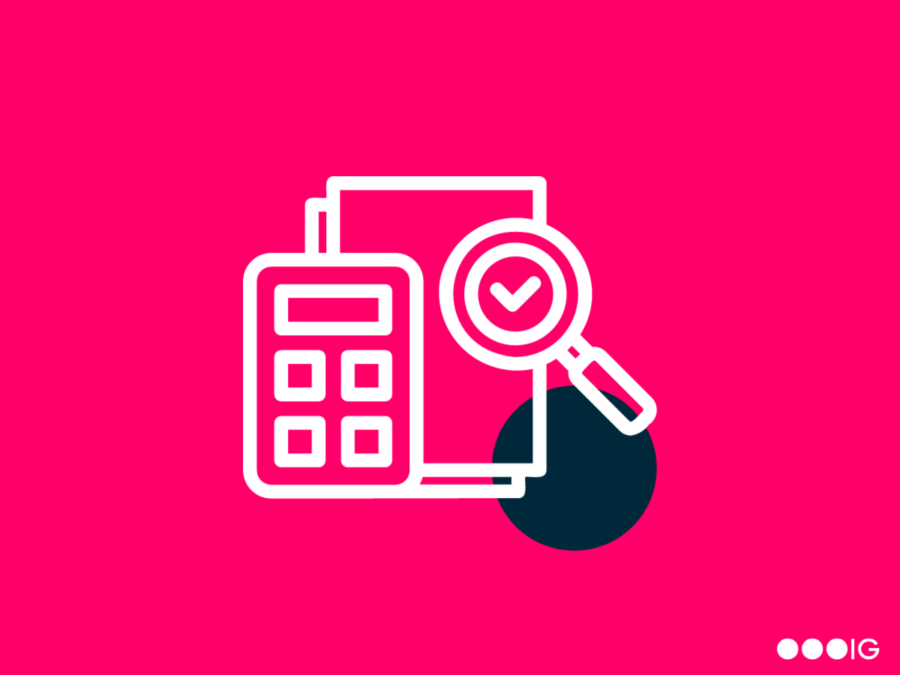A forensic accountant is a professional who helps investigate financial crimes. Their job is to examine financial records and to determine if any illegal activity has occurred.
Forensic accountants work for law enforcement agencies, insurance companies, public accounting firms, and other organizations. This blog post will discuss what these accountants do, how to become one, and more.
What is a Forensic Accountant?
Forensic accountants are forensic auditors who investigate financial frauds. They typically have a background in accounting, auditing, or criminal justice. Insurance companies, banks, and other businesses often employ forensic accountants to investigate fraudulent activity.
The government may also call upon them to investigate financial crimes such as money laundering or tax evasion. This job can be exciting and challenging.
What Does a Forensic Accountant Do?
The responsibilities vary depending on their employer or client. However, some of the most common duties include:
- Reviewing financial statements for inaccuracies or securities fraud
- Investigating white-collar crimes
- Testifying in court as an expert witness
- Providing consulting services
Forensic accountants provide services in a variety of situations, including:
- Personal injury claims
- Shareholders and partnership disputes
- Commercial insurance claims
- Fraud investigations
- Matrimonial disputes
These accountants are critical in any financial legal disputes.
What is the Average Pay for a Forensic Accountant?
Location, education, and experience all affect the potential compensation for a forensic accountant. According to Zippia, the average annual pay is $66,833, and the typical range is between $44,000 and $100,000 per year.
How to Become a Forensic Accountant
You generally need at least a bachelor’s degree in accounting, business, criminal justice, or a related field to become a forensic accountant. Some schools may also offer a minor or certification specifically in forensic accounting.
Some businesses may only hire forensic accountants who have earned their Certified Public Accountant (CPA) license.
If you’re interested in further education, other options include:
- Certified Forensic Accountant (CRFAC)
- Certified Fraud Examiner (CFE)
- Master’s Degree
Finally, you need relevant experience in accounting, criminal justice, or a related field before becoming a forensic accountant. This is rarely an entry-level position.
In addition to education and experience, you should also have certain hard skills and soft skills.
Hard Skills and Soft Skills
In order to be a successful accountant in this field, you need to have strong analytical skills and investigative instincts. You should also be able to successfully communicate with people from all backgrounds, including lawyers, accountants, and law enforcement. In addition, you must be able to work both independently and as part of a team.
Other skills that will help include:
- Strong computer skills plus experience with accounting software
- Excellent writing and research skills
- Time management
- Ability to work under pressure and meet deadlines
Forensic Accounting FAQs
Here are a few common questions related to forensic accounting.
What’s the Difference Between a Forensic Accountant and a Corporate Accountant?
The main difference is that forensic accountants are focused on investigating financial crimes, while corporate accountants provide general accounting and bookkeeping services to businesses.
Forensic accountants can also be employed by government agencies to investigate financial crimes such as money laundering or tax evasion. This isn’t the case for corporate accountants, who typically work for private businesses.
Is Forensic Accounting Like Auditing?
Forensic accounting and auditing are two different specialties within the accounting profession. Auditors conduct financial reviews of companies to ensure that they are in compliance with Generally Accepted Accounting Principles (GAAP).
On the other hand, forensic accountants use their knowledge of accounting and financial analysis to investigate potential fraud or illegal activity. They also provide expert testimony during legal proceedings, which auditors rarely do.
How Does a Forensic Accountant Find Hidden Assets?
They may find hidden assets by reviewing financial statements and other documents related to the business or individual in question.
They may also interview employees, customers, or vendors to understand the company’s or individual’s finances better. Additionally, they may use specialized software to track down concealed assets.
Find Your Next Job with Insight Global
If you are interested in accounting and have strong analytical skills, then becoming a forensic accountant may be right for you. Search for all open accounting roles on the Insight Global job board!








